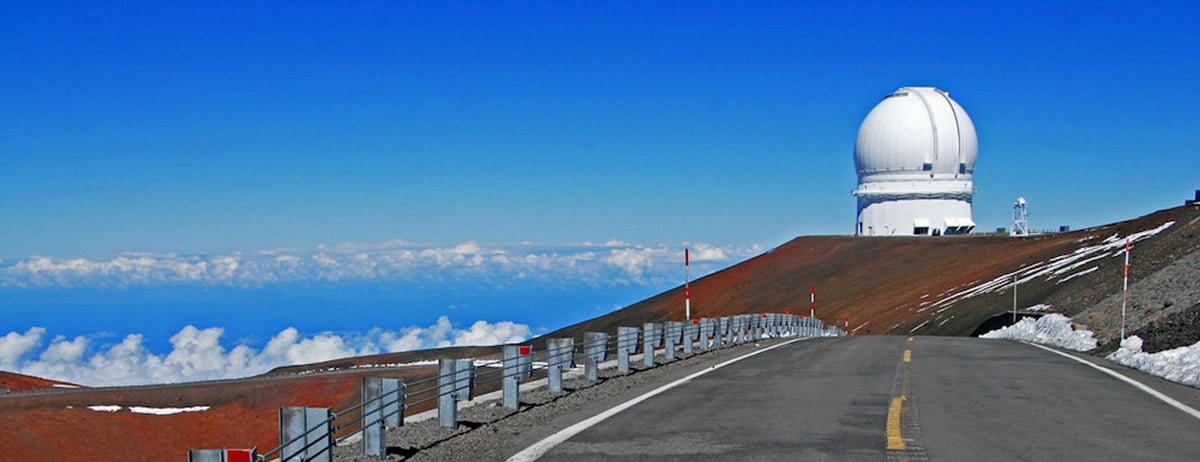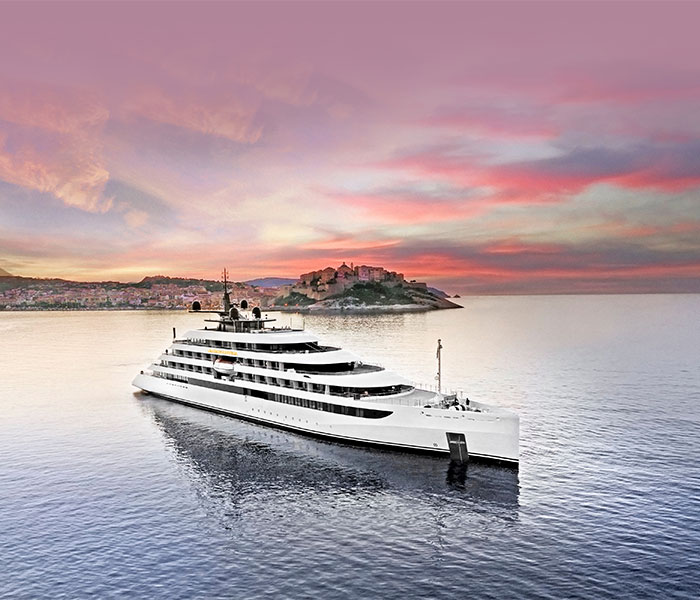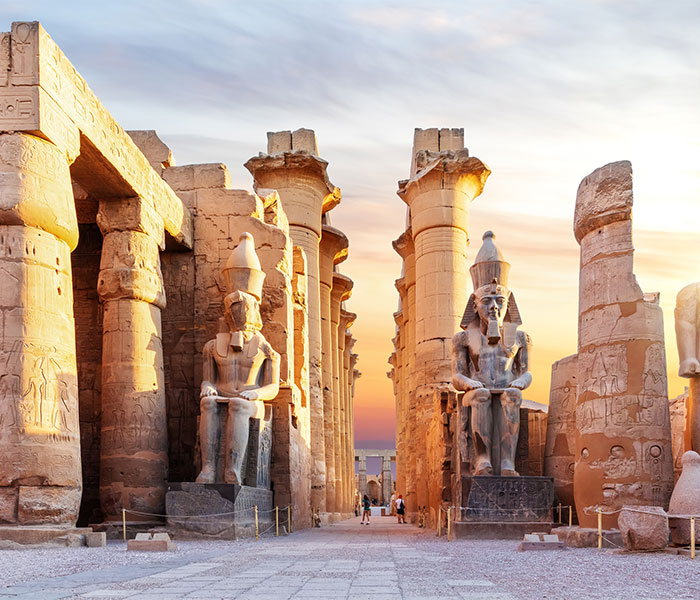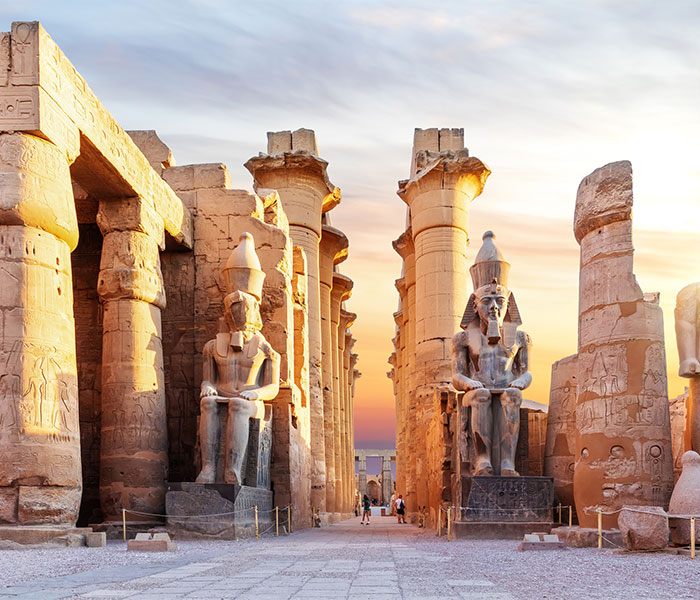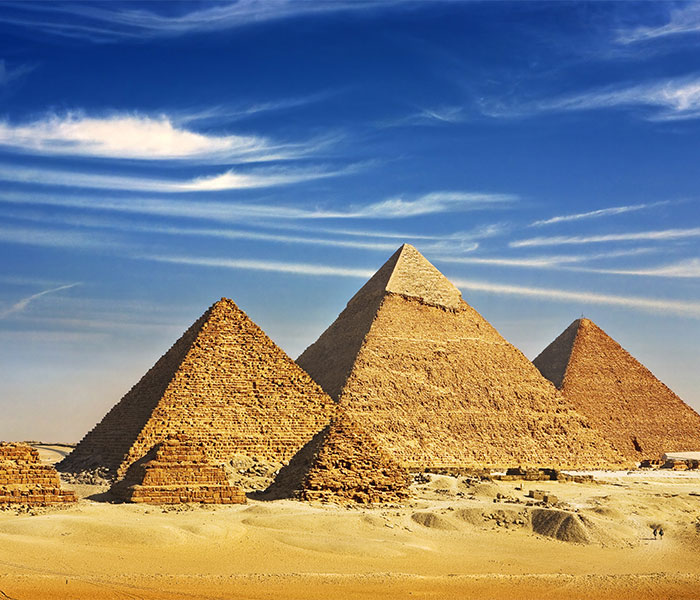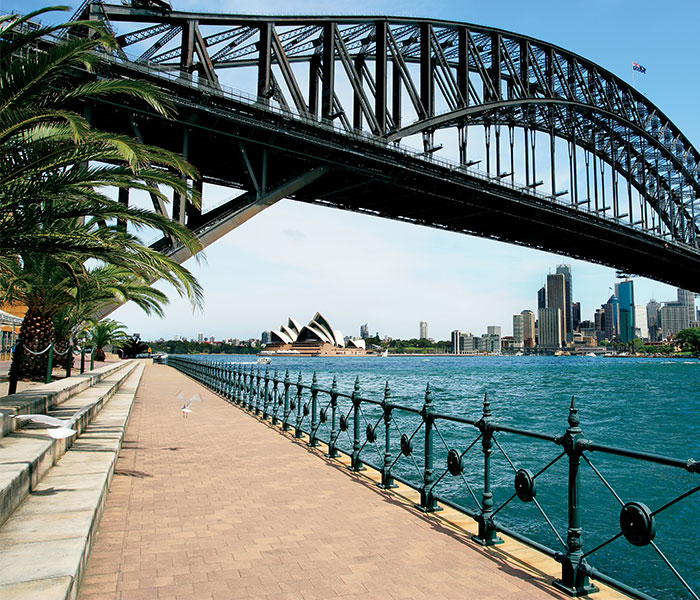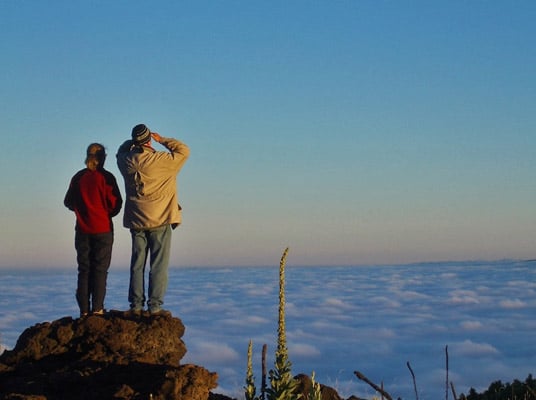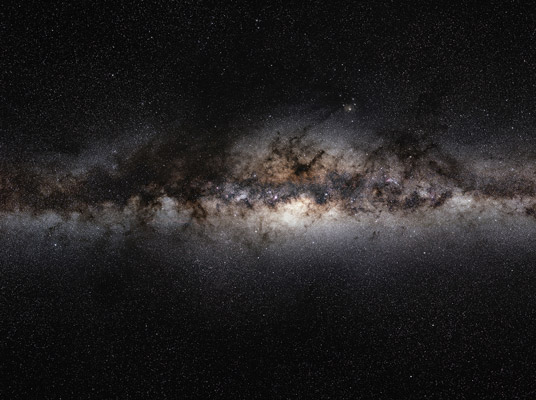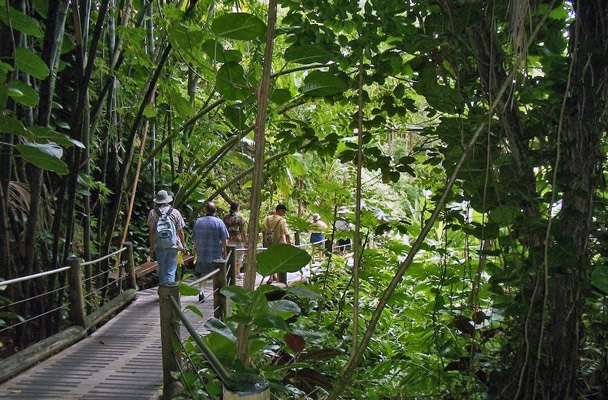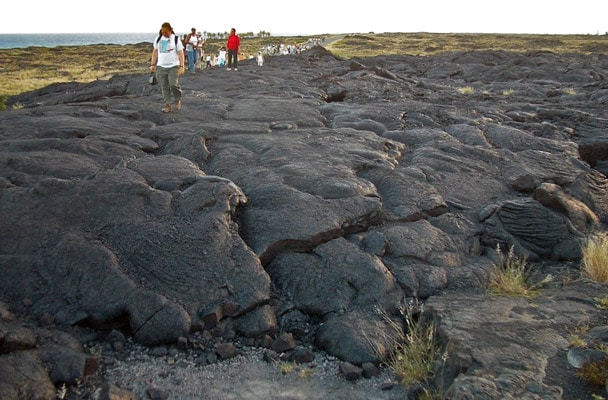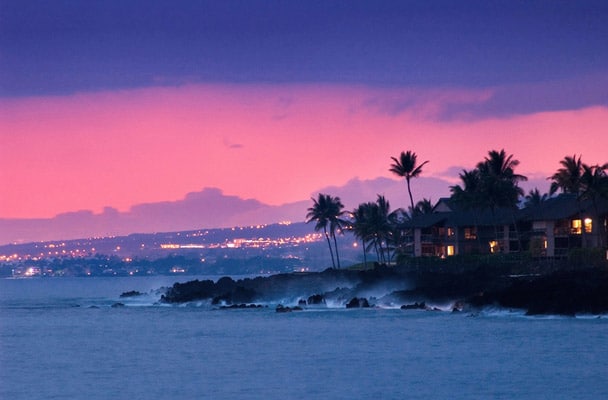Stargaze in a Tropical Paradise
There are plenty of Hawaii tours on offer, so why choose TravelQuest? Our itinerary is not your standard sun, sand, and surf combination. For one thing, our tour of Hawaii focuses solely on the Big Island, with stays in Kona and Hilo plus two nights at the historic Volcano House Hotel inside Hawaii Volcanoes National Park.
As a special part of our Hawaiian tour, we’ll take you to the famed Maunakea observatories. During an afternoon on the Big Island, we’ll drive up to the summit, with several stops along the way to acclimatize to the increasing elevation. One of our stops will be at the Onizuka Visitor Center (elevation 9,300 ft / 2,800 m) to get hydrated and explore its small museum and gift shop. Continuing upward, we arrive at the summit, about 14,000 ft (4,200 m) above sea level. Here you can walk around the spectacular observatory complex, which includes the largest optical/infrared telescopes in the world (the twin Keck telescopes), the largest dedicated infrared telescope (UKIRT), and the largest submillimeter telescope in the world (the JCMT). Please note that we will not be able to go inside any of the observatories. You can also see how construction is progressing on the Thirty-Meter Telescope (TMT), which will be world’s largest when it’s completed later in this decade.
At sunset, looking out over the tops of clouds more than 6,500 ft (1,970 m) below, you may be lucky enough to catch a glimpse of the elusive green flash. This atmospheric effect lasts for mere seconds, appearing just above the disk of the Sun as it sets beneath the Pacific horizon. Then we head back down the mountain to the Visitor Center for an evening of Moon-free deep-sky observing prior to our late-night return to the hotel.
If you’d like to enjoy another evening of high-elevation stargazing during your Hawaii tour, we’ve arranged an optional return visit (for an additional fee) to the Onizuka Visitor Center with a boxed dinner to view the bright arch of the summertime Milky Way. At this time of year, the heart of our Milky Way galaxy is well placed in the southern Hawaiian sky. In the dark sky over the observing deck of the Visitor Center, the bright star clouds and dark dust lanes in the galactic core are outstanding.


